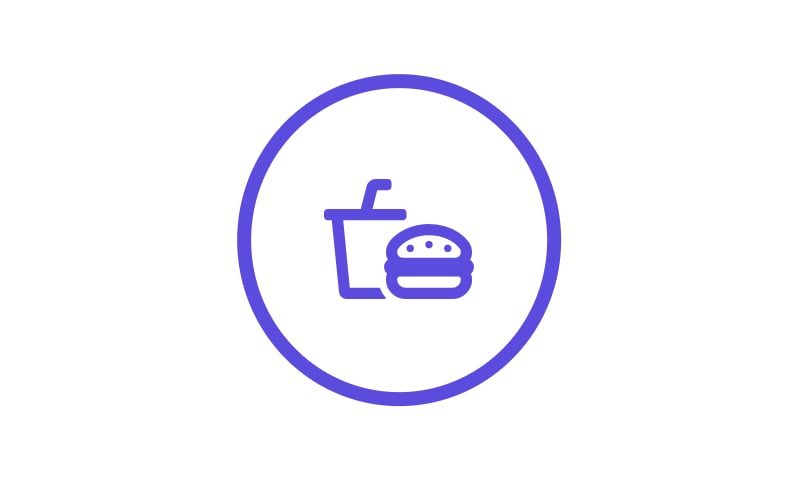Background
Emulsification in Processed Cheese products is linked closely with a cheese's textural attributes. There is a fine interplay between moisture, fat and salt and phosphate levels beyond which maintaining emulsion stability under ambient conditions becomes a challenge. Any solutions that can provide enhanced stability of the emulsion or help predict the stability of an emulsified product would be great unlocks for product development.
Known existing methods to determine the stability of emulsion like the Centrifuge Test can only determine the stability on the day of actual testing while evaluation in stressed condition (40 – 50°C) is not necessarily correlated to emulsion stability but more a predictor of appearance & flavour development over time. We are interested in readily available or on-going studies on rapid test methods to determine or predict the emulsion stability for these types of products or any type of emulsified products throughout its shelf-life. We are keen on looking for solutions to predict speedily the stability of the product.
Challenge
We are looking for solutions & technologies that will:
1. Ensure emulsion stability of a high fat, high-moisture, and low phosphate salts for processed cheese formulation.
2. Identify rapid test methods that can predict the stability of the emulsified product at a specified storage condition (ambient, 30° - 35°C) as a screening tool during product development.
SUCCESS CRITERIA
- Technology proven in similar systems / emulsified products with Proof-of-concept data / ready to deploy solutions.
- Clear description of technology and how it works.
- Final product should have no signs of separation until 9 months in ambient (30 - 35C, max) condition.
- Emulsion stability rapid test method identified that is applicable for process cheese formulation.
- Solutions should be scalable.
WHAT WE AREN'T INTERESTED IN
- Solutions that cannot be used in food systems.
- Solutions that require a controlled temperature supply chain.
What's in it for you?
This is a global Challenge, and our team is willing to collaborate with both individuals and freelancers, and other industry participants, universities etc. We will have an internal review of all applications once the Challenge has closed. Successful applicants will be contacted at this point.
Preference would be for commercially available solutions, but we are open to exploring other collaboration models as well.


